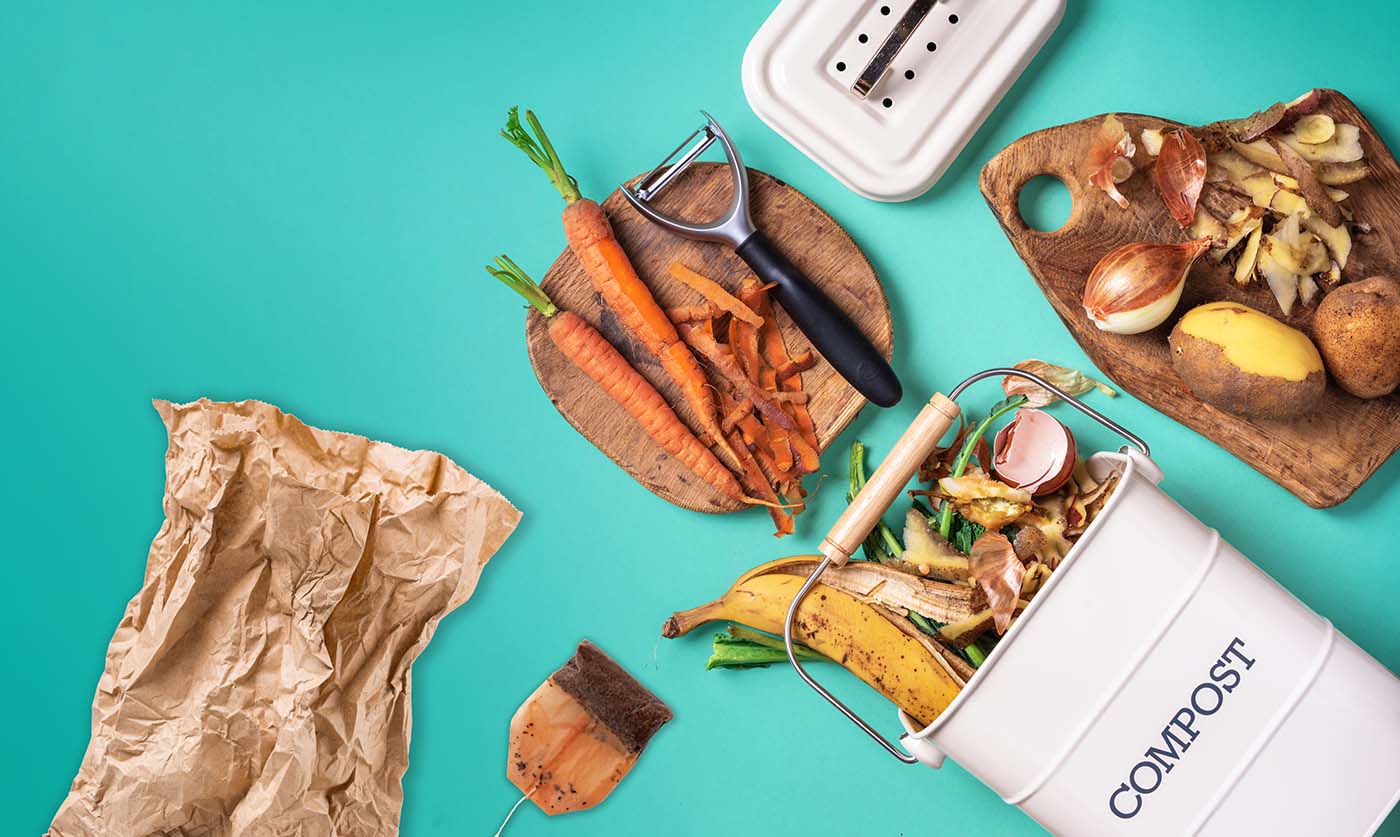
Let’s take a deep breath and dive in, because throwing your banana peel in the garbage is old news.
What is composting?
Finished compost looks like rich soil; dark and crumbly with an earthy smell and has tiny air pockets that can absorb and hold moisture – behold, the Green Thumb’s object of affection: Black Gold.
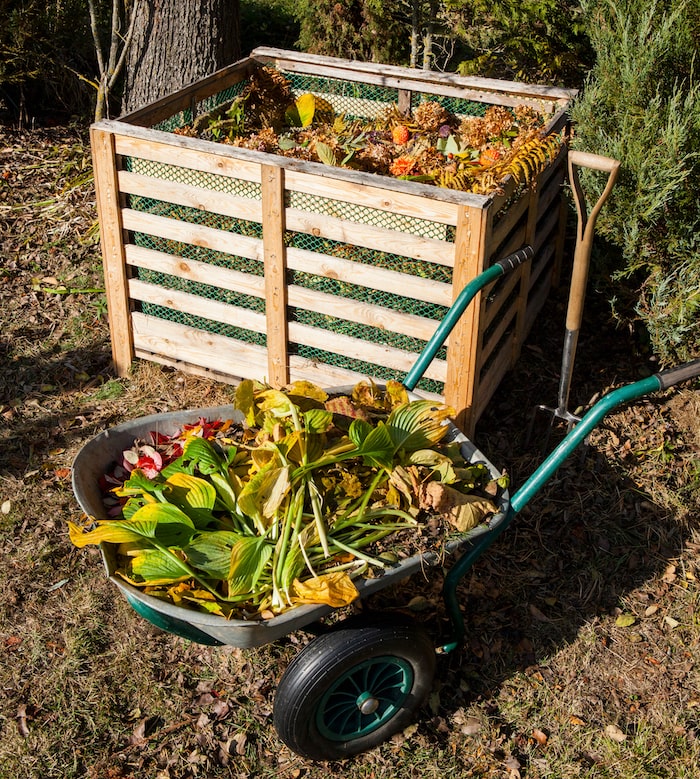
What can go in the compost pile?
- While livestock manure can add many benefits, your pet’s poop should stay far from your compost as it can contaminate the pile with parasites and viruses.
- When adding yard trimmings or broken branches, do some research on what kind of material you are adding; some plants and trees (such as black walnut) contain toxic substances that can stunt the growth of, or even kill, new plants.
- Coal and coal ash can contain damaging chemicals
- Diseased plants can pass on disease to new plants, and chemically treated plants can kill the hardworking microbes in your soil.
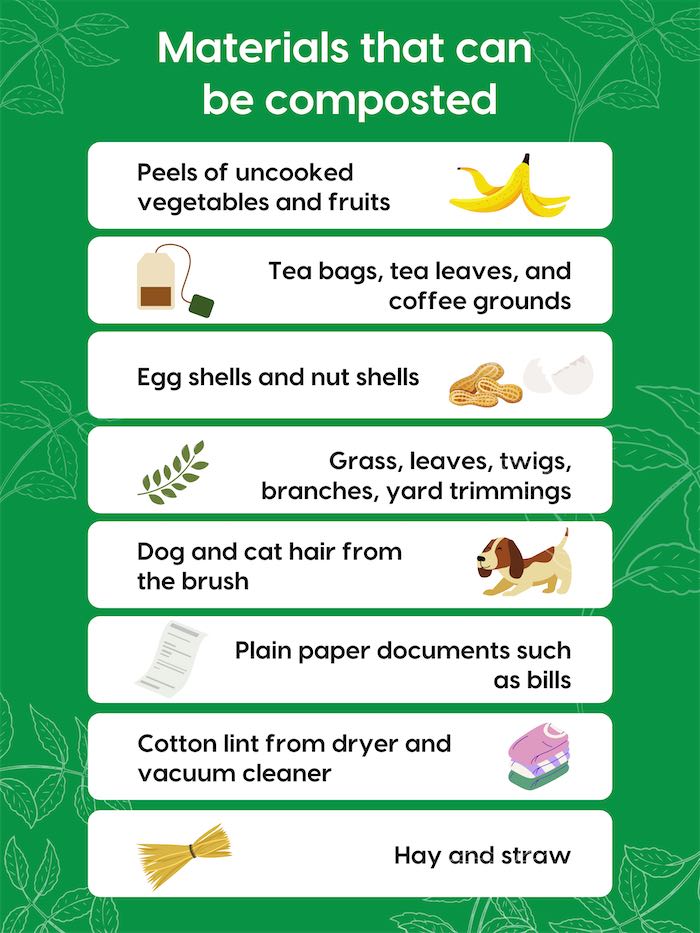
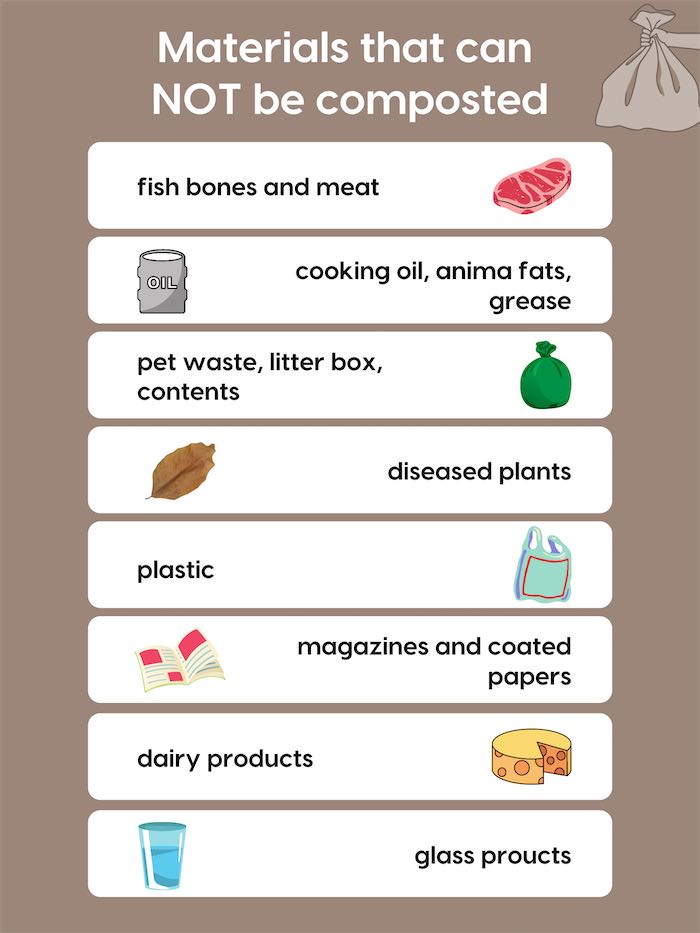
Once you get the basics of composting down, with the right means and methods, your compost soil provides the perfect accommodation for earth’s helpers like fungi, bacteria, worms, and other organisms which aid in decomposition without the use of nasty chemicals. Some of these macrofaunae kick-start the first phase of decomposition, some transform nutrients into energy for plants, and others manage the levels of other microbes in your soil.
Pros and Cons of Composting
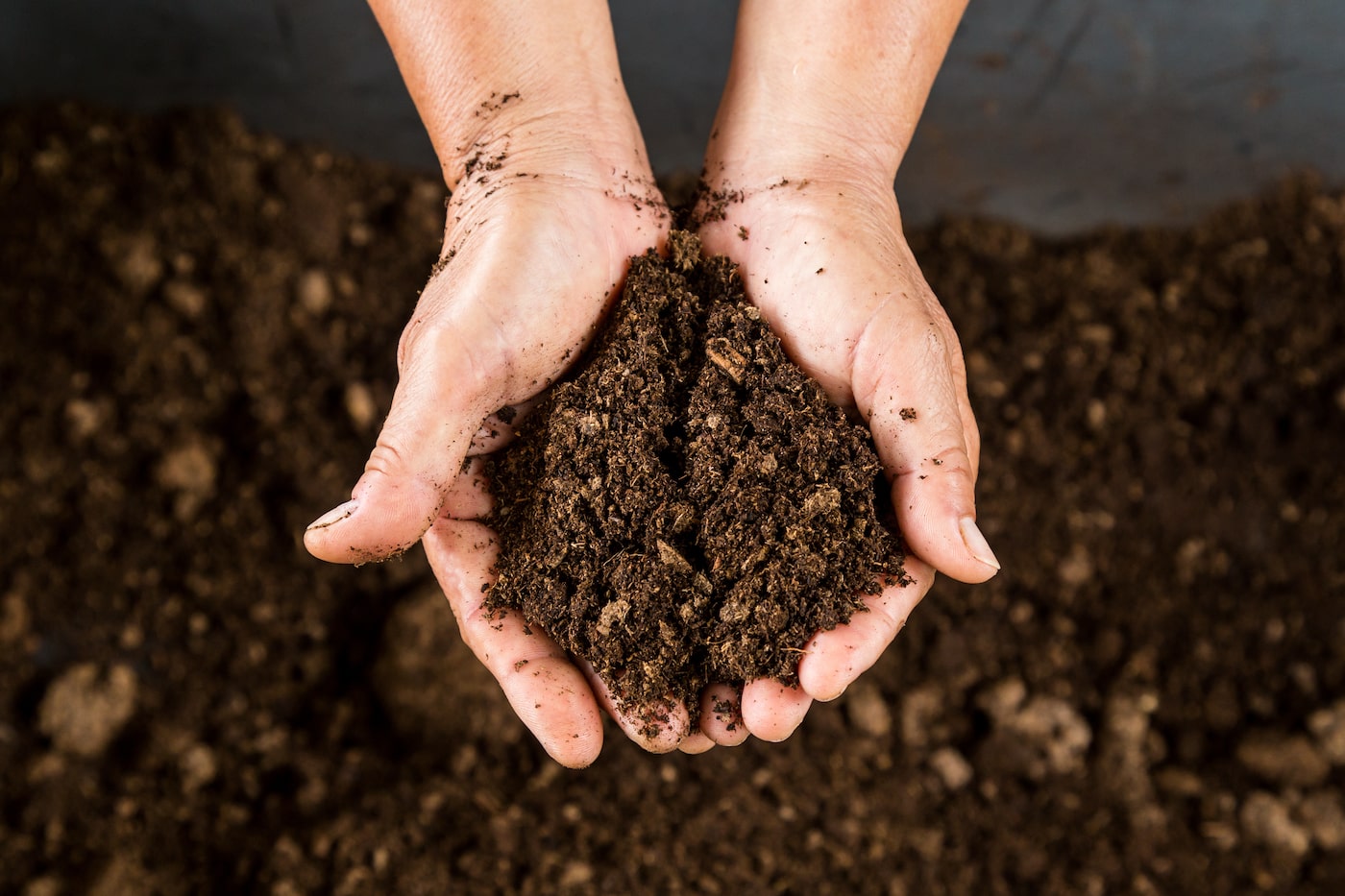
Composting is the soil-ution for many garden issues.
Pros:
When done right, the benefits of composting are endless. Soils will adhere to compost particles to form a better root environment and in turn, allow roots to grow deep and easily absorb the many nutrients that will be present through the decomposition process. To achieve the end result of good compost, we rely on aerobic decomposition, the process of matter being broken down by microorganisms that require oxygen. Why is this important? When you throw your banana peel into the garbage and it finds its way to the landfill, it gets buried under heaps and heaps of trash. This banana peel now has its supply of oxygen cut off and will be broken down by organisms that can live without free-flowing oxygen, which is the process of anaerobic decomposition. Still with me? During anaerobic decomposition, harmful biogas comprised of methane and carbon dioxide is released from the decomposing waste. Long story short; proper composting reduces your carbon footprint and has the benefit of:
- Increased oxygenated air
- Increased moisture retention in soil
- Healthy, mineral-rich plants – soil bacteria create antibodies, some of which are utilized within your garden beds to combat many soil-borne diseases, keeping your plants healthy.
- Protection against plant disease and treats nutrient-deficiencies
- Balanced PH Levels in the soil
- Reduced need for chemical fertilizers, which can seep into your food and local groundwater.
- Encouraging production of microbes, beneficial bacteria, and fungi.
- Reduced methane emissions from landfills
If not done correctly, despite having a nicer garden than your neighbours, your compost heap can emit foul odours and carry pathogens. Good thing you have an in-depth guide to prevent that from happening. 😉
During the decomposition process, bacteria and fungi break the greens down into ammonium.
Bacteria in the soil turn the ammonium into nitrite, which metamorphoses into nitrate, and in the final stages, it turns into nitrogen. For compost to be useful, it must go through all stages, but the amounts of unconverted ammonium can result in very smelly, imbalanced, unusable, and counterproductive compost.